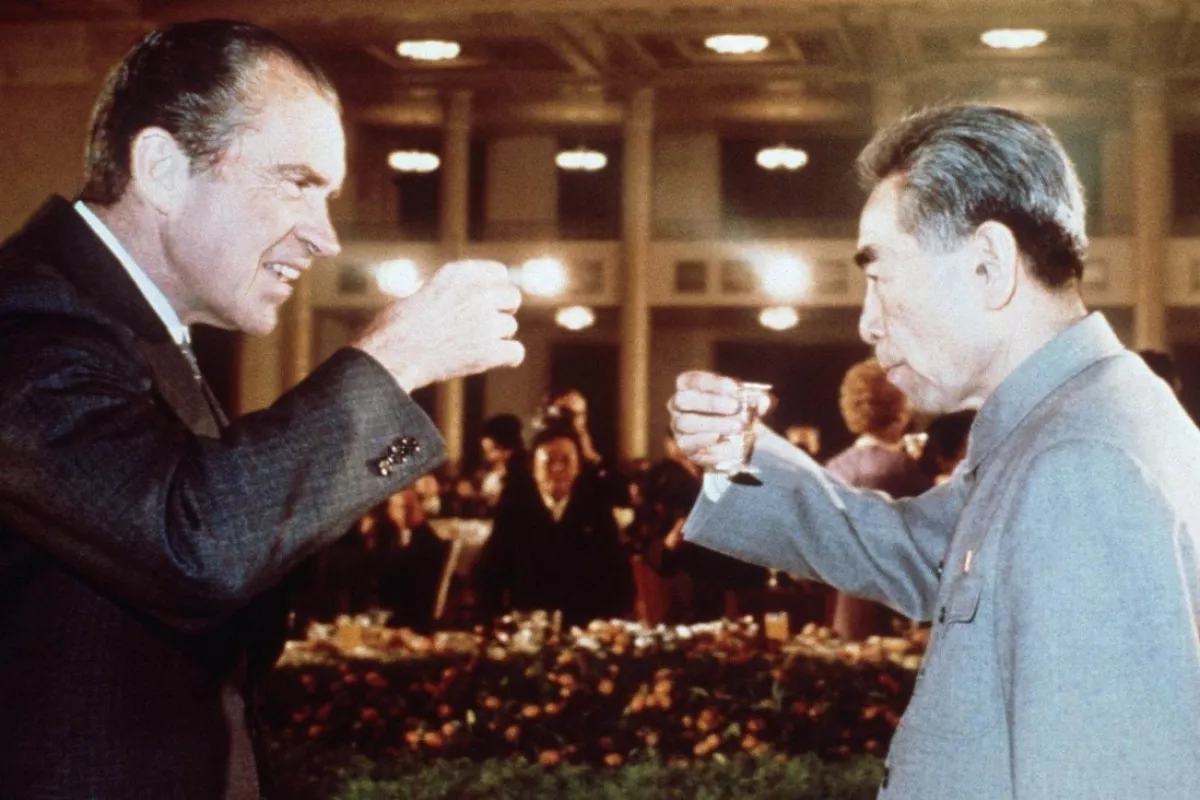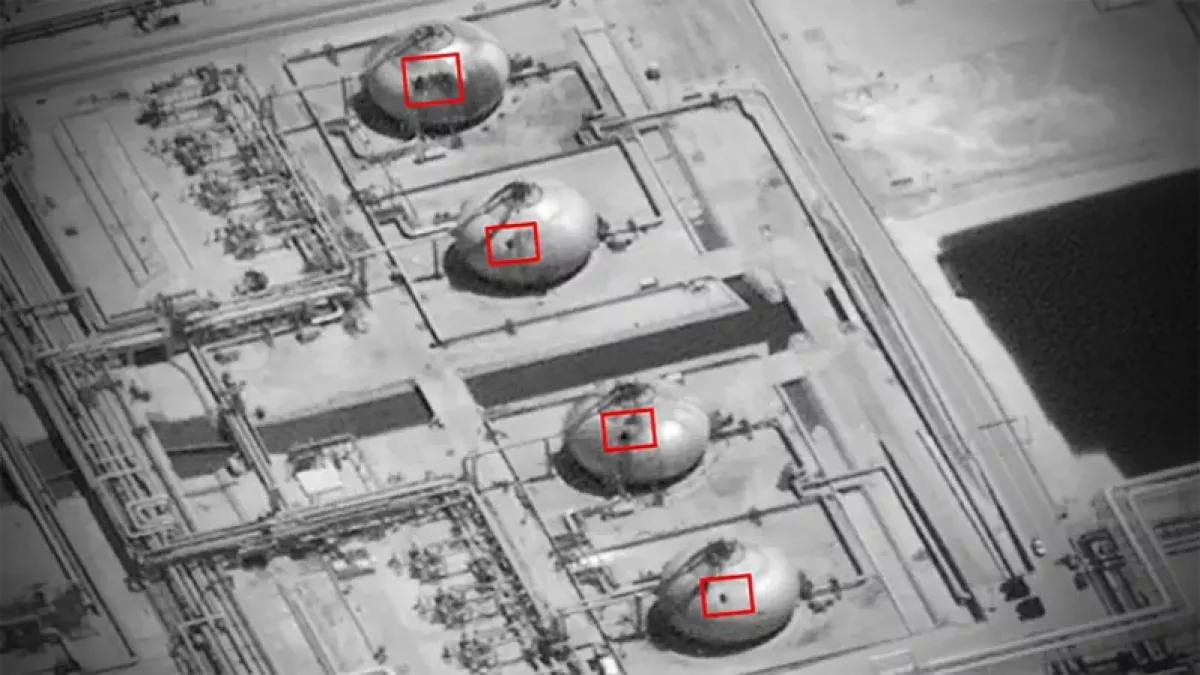Will Trump step into Nixon's footsteps as diplomatic groundbreaker? “Only Trump can go to Tehran”
When preparing for his groundbreaking 1972 visit to China, US President Richard Nixon jotted down notes under headings such as "What they want" and "What we want." Nixon, along with his astute national security advisor, Henry Kissinger, made history with this visit by opening dialogue with China, a country that had been isolated from the United States for decades. His pragmatic diplomacy inspired the saying “Only Nixon can go to China,” reflecting the unique circumstances and character that enabled this diplomatic breakthrough.
Similarly, former President Donald Trump’s assertive stance on Iran mirrors Nixon’s hardline approach to communism. As an article by the Foreign Policy journal recalls, Trump withdrew from the Joint Comprehensive Plan of Action (JCPOA), commonly known as the Iran Nuclear Deal, and reinstated stringent US sanctions under his "maximum pressure" campaign, asserting that this economic strain would compel Iran to negotiate a "better" deal. Trump also escalated tensions by ordering the assassination of Iranian Quds Force commander Qassem Soleimani in January 2020.

Despite this aggressive rhetoric, Trump consistently emphasized that his goal was not regime change but improved relations with Iran. On the campaign trail, he identified nuclear weapons as the world’s greatest threat and made multiple attempts to engage with Iranian leadership. These efforts included an August 2019 attempt to meet then-Iranian Foreign Minister Mohammad Javad Zarif and a September 2019 overture toward Iran’s then-President Hassan Rouhani. Even after leaving office, Trump expressed interest in mending US-Iranian relations, stating in August 2024, “I’m not looking to be bad to Iran… We’re going to be friendly, but they can’t have a nuclear weapon.”
However, Trump’s first term saw little progress on diplomacy with Iran, largely due to the presence of staunch ideological hawks in his administration. Figures such as his Secretary of State Mike Pompeo and National Security Advisor John Bolton actively opposed negotiations. As the article recalls, both had long advocated military action against Iran, with Bolton and Pompeo publicly supporting the bombing of Iranian nuclear facilities. This hardline influence undermined Trump’s willingness to pursue meaningful dialogue with Tehran.
Another obstacle was Iran’s strengthened geopolitical position during Trump’s first term. Confident in its regional influence, Tehran rebuffed US overtures, such as rejecting Japanese Prime Minister Shinzo Abe’s intermediary efforts in 2019. Supreme Leader Ayatollah Ali Khamenei stated then that he does not consider Trump "as a person worth exchanging any message with, and I have no answer for him, nor will I respond to him in the future.” Following that narrative, they backed regional proxies like the Houthi rebels, who launched a high-profile attack on Saudi oil facilities later that year. Simultaneously, Iran expanded its nuclear capabilities in defiance of the JCPOA’s limitations, only further escalating tensions.

The article's authors believe that Trump’s second term has the potential to represents a renewed opportunity to redefine US-Iranian relations. With Bolton and Pompeo no longer part of his administration, Trump has surrounded himself with loyalists more aligned with his vision. His selection of Senator Marco Rubio as Secretary of State and Representative Mike Waltz as National Security Advisor reflects this shift. While both are foreign policy hawks, their loyalty to Trump increases the likelihood of cohesive policymaking. This recalibrated team, coupled with Trump’s instinct-driven leadership, could pave the way for a transactional approach to diplomacy with Iran.
Iran’s current strategic environment has also deteriorated from back then. Its regional nonstate allies, such as Hezbollah, have been greatly weakened and its forward defense strategy has suffered significant setbacks due to Israeli operations. The article states that Iran also faces domestic economic turmoil from years of sanctions, depreciating currency value, and crumbling infrastructure. President Masoud Pezeshkian campaigned on a platform of negotiations to lift sanctions, signaling Tehran’s readiness for dialogue. Another term of maximum pressure combined with regional instability may compel Iran to reconsider its stance.
For any potential agreement, the authors forecast that Iran is likely to demand sanctions relief and retention of its uranium enrichment program. While the era of zero enrichment in Iran is over, negotiating strict caps on enrichment levels for nonmilitary purposes could serve both sides. The US could also insist on Iran ratifying its Additional Protocol with the IAEA nuclear watchdog, ensuring greater transparency.
Much like Nixon’s outreach to China, Trump now faces a historic opportunity to redefine US-Iran relations. While a complete détente is improbable given the entrenched animosities, targeted, transactional agreements could yield significant de-escalation in the Middle East. This pragmatic approach could allow the US to shift its strategic focus toward addressing China’s growing influence while stabilizing a volatile region. By balancing mutual interests, the article believes Trump’s efforts could leave a great lasting impact on US foreign policy and reshape the trajectory of relations with Iran.
By Nazrin Sadigova








